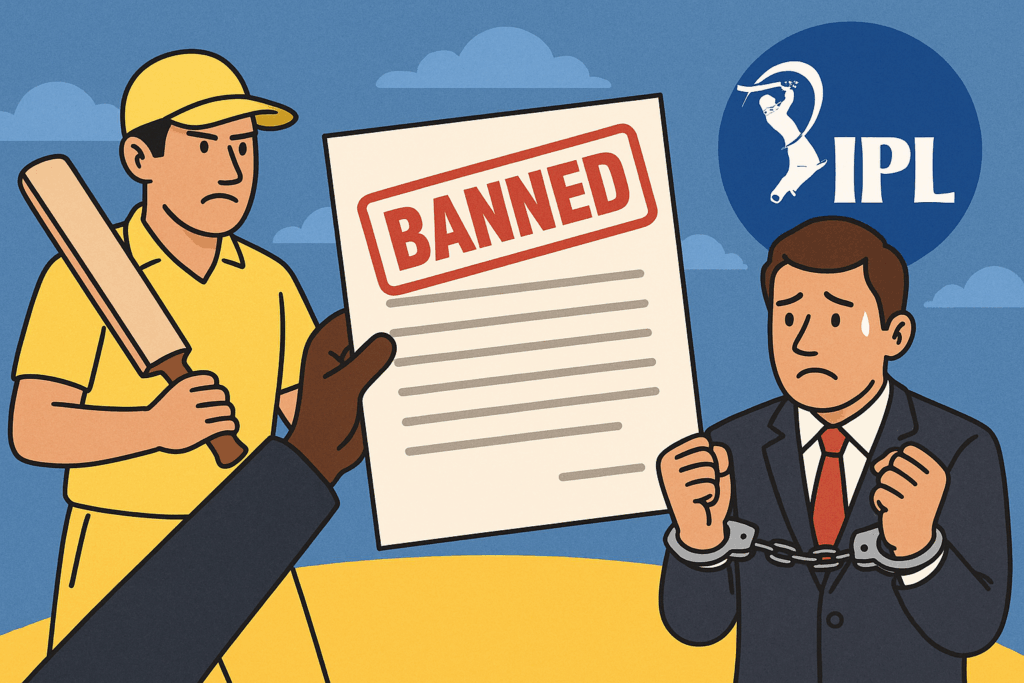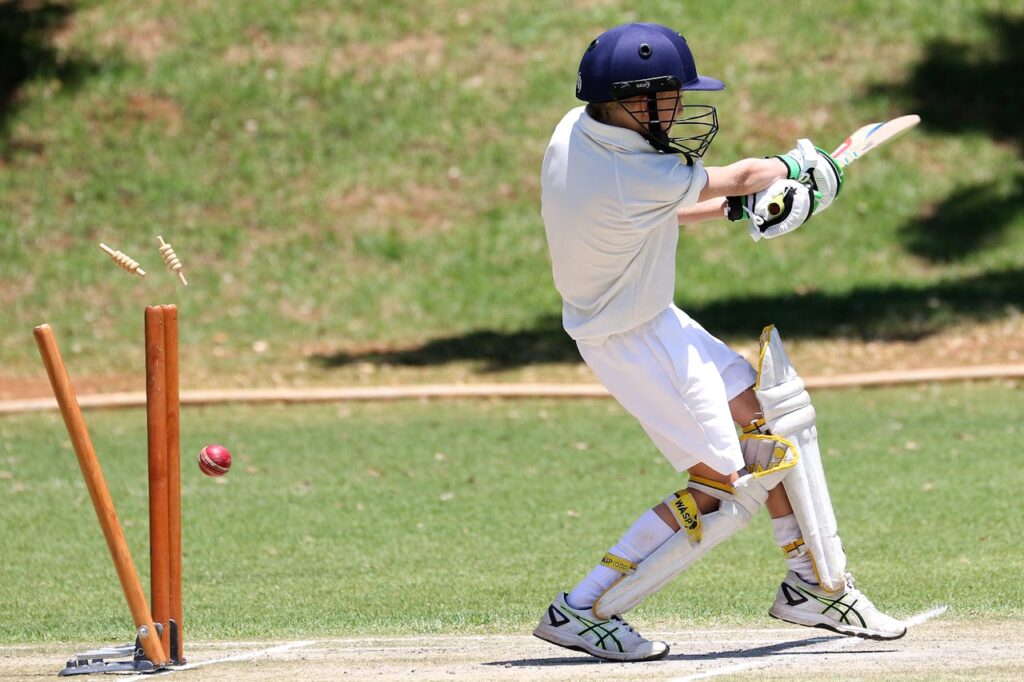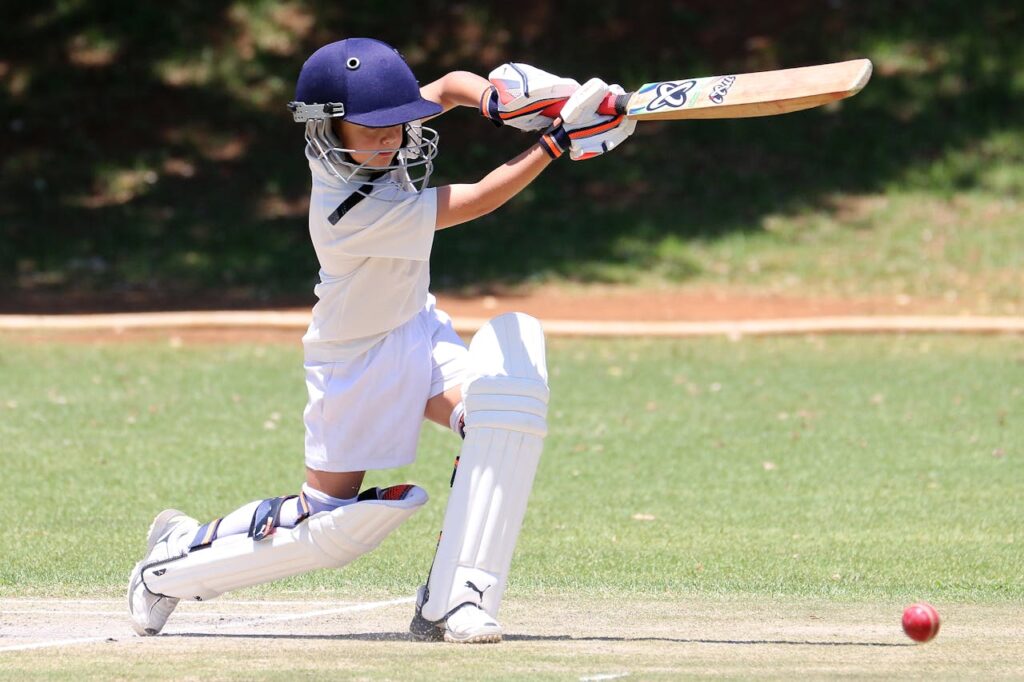When Chennai Super Kings were banned for two years from the Indian Premier League, it wasn’t merely a penalty—it was a seismic shock that shook Indian cricket’s trust in its own governance. The yellow army, molded into a near-mythical team under the calm stewardship of MS Dhoni, fell into the abyss of uncertainty. Fans were heartbroken, sponsors rattled, and players left in limbo. But to understand why CSK was banned, we need to journey into the underbelly of professional cricket where power, money, and influence collided.
This isn’t a story of a team making a cricketing error—it’s about off-field controversies that led to one of the biggest humiliations in the IPL’s history. Let’s dive into the real reasons, timeline, and consequences behind this stunning fall from grace.
Table of Contents
- The Rise of Chennai Super Kings
- Setting the Scene: IPL Scandal Background
- Who is Gurunath Meiyappan and Why Does He Matter?
- Investigations That Changed the Game
- Lodha Committee’s Hammer: The Verdict
- Why Was CSK Banned for 2 Years? The Official Reason
- What About Rajasthan Royals? A Parallel Fall
- MS Dhoni’s Silence and Loyalty
- Impact on Players and the IPL
- The Return of CSK: Redemption Arc
- Lessons That Echo Across Sports
- Conclusion
The Rise of Chennai Super Kings
No discussion on IPL history is complete without the mention of CSK. The team, adorned in bright yellow, was always more than just a franchise — it was an emotion. With a fanbase that bordered on religious devotion, CSK dominated the league with consistent playoff qualifications and iconic wins.
MS Dhoni, the captain who embodied calm and control, helped build a squad that didn’t just win—it inspired. From Suresh Raina’s blistering batting to the spin wizardry of Ashwin and Jadeja, everything clicked. Off the pitch, Chennai Super Kings was perceived as a ‘clean’ and culture-driven outfit. And that’s what makes its eventual downfall so jarring.
The burning question—why CSK was banned—has its roots not on the field, but in the shadows.
Setting the Scene: IPL Scandal Background
The IPL was already under scrutiny. Huge broadcasting deals, escalating player salaries, and visible opulence made it a vibrant—but vulnerable—marketplace. Whispers of betting and corruption had always swirled, but nobody imagined that franchise executives themselves would be caught in the fire.
The dominoes began to fall when the Delhi Police arrested multiple bookies. What seemed like a peripheral law enforcement story quickly escalated into a full-blown scandal when names from within the IPL’s inner circles began surfacing.
And then came the name that detonated the bomb: Gurunath Meiyappan.
Who is Gurunath Meiyappan and Why Does He Matter?
Gurunath Meiyappan wasn’t just another executive. He was the son-in-law of N. Srinivasan, then president of the BCCI and the owner of India Cements — the company that owned Chennai Super Kings.
Officially, Meiyappan was considered a “team enthusiast” or at best, someone involved in operations. But insiders and anyone following CSK closely knew his presence at matches, players’ meetings, and auction tables wasn’t ornamental.
He was deeply embedded.
Unfortunately for CSK, his connections—and actions—pulled the entire franchise into an abyss.
Meiyappan was accused of betting on IPL matches, including those involving CSK. Leaked call transcripts, testimonies from bookies, and seized communication records painted a damaging picture. Whether or not team strategies were manipulated, the core issue was simple: a top executive heavily involved in team affairs was placing bets.
That breached the IPL’s foundational integrity—spectacularly.
Investigations That Changed the Game
Once the tip of the iceberg surfaced, there was no going back. The BCCI commissioned multiple internal and third-party investigations. Alongside this, the Supreme Court of India, alarmed by the deeply entwined roles held by BCCI officials, stepped in.
Their response? Setting up a three-member panel led by Justice R.M. Lodha — retired Chief Justice of India — to investigate, judge, and recommend actions based on findings from a prior probe.
Key findings:
- Gurunath Meiyappan was not a casual visitor or fan; he was functioning as a “team official.”
- His involvement in betting was not speculative—it was backed by serious evidence.
- The franchise failed to maintain clear distinctions between owners, operators, and official protocols.
- There was a conflict of interest as N. Srinivasan held multiple influential positions across BCCI and franchise ownership.
The nails were driven in, and punishment was inevitable.
Lodha Committee’s Hammer: The Verdict
After detailed hearings and examinations of documents, the Lodha Committee didn’t mince words.
Chennai Super Kings and Rajasthan Royals were suspended from the IPL for two seasons.
Let’s break down what this meant:
- CSK was held accountable for Meiyappan’s actions because he was deemed a team official.
- A franchise failing to distance itself from illegal betting activity was said to compromise the integrity of matches.
- Even though no CSK players were found to be complicit in fixing, the principle of vicarious liability applied—the team had to take responsibility for the actions of its key members.
The penalty was harsh but drew from precedents in global sport. If a team is tainted—not through player performance, but through management misconduct—the institutional failure warrants action.
This ruling formed the core of why CSK was banned for 2 years.
Why Was CSK Banned for 2 Years? The Official Reason
Let’s address it directly.
Chennai Super Kings was banned because Gurunath Meiyappan, a recognized team official, was found guilty of betting on IPL matches, including his own team’s fixtures. Under the anti-corruption code, this was a grave offence. Meiyappan’s proximity to players and confidentiality channels made his activities a serious security threat to fair play.
The Lodha Committee concluded that IPL teams cannot claim innocence if top officials indulge in betting or fixing.
The two-year suspension served multiple purposes:
- A punishment to CSK for harboring a corrupt official.
- A message to other franchises that no one is above the law.
- A correctional step for the image and future of the IPL.
What About Rajasthan Royals? A Parallel Fall
While CSK’s troubles focused on Meiyappan, Rajasthan Royals had their own issues. Their part-owner, Raj Kundra, was found guilty of betting. The situations mirrored each other.
Both teams were banned for identical reasons through the same judgment process.
While that’s a separate rabbit hole to explore, their simultaneous suspension left a void in the IPL—not just from a competition standpoint, but in fan engagement and revenue.
MS Dhoni’s Silence and Loyalty
One of the most poignant elements in all this?
MS Dhoni chose silence.
While many expected India’s captain cool to speak up or publicly distance himself, he remained loyal to CSK through thick and thin. There were no celebratory press statements, no blame games—he owned the moment, even if it wasn’t his fault.
Did he know Meiyappan’s activities? There’s no proof. But Dhoni’s reputation and legacy took a dent simply by association.
When CSK returned, Dhoni didn’t seek newer pastures despite being eligible for auctions.
He returned to lead the same side that had once been exiled—and that loyalty made fans embrace him tighter.
Impact on Players and the IPL
The vacuum created by the suspension was massive.
Several marquee players like Raina, Bravo, Jadeja, and Ashwin were scattered across teams or parked in limbo. The BCCI allowed a temporary team, “Rising Pune Supergiant,” to serve as a home for some of CSK’s core players. Fan allegiance, however, didn’t transfer. The soul of CSK couldn’t be replicated.
From a commercial standpoint, television viewership dipped. Fan excitement waned. The brand value of the IPL took a hit. Sponsors became cautious. Suddenly, the fragility of the entire ecosystem was exposed.
The Return of CSK: Redemption Arc
Two years later, CSK walked back onto the field not as outcasts—but as underdog heroes. The story of their return, led again by Dhoni, was nothing short of cinematic.
And they didn’t just return. They conquered.
From bottom-dwellers to top-table finishers, their comeback was proof that redemption is real—even in cricket’s murky corridors.
The yellow jerseys flooded stadiums again. Chants of “Thala” engulfed arenas. Whatever had happened behind boardroom doors, the heart of CSK beat louder than ever.
Lessons That Echo Across Sports
The CSK ban isn’t just a tale of corruption and punishment—it’s a masterclass in governance failure, risk oversight, and the dangerous overlap between power and sports administration.
Here’s what sports leagues should take away:
- Zero Tolerance: Integrity breaches—even at executive levels—must face stringent, transparent consequences.
- Conflict of Interest Must Be Avoided: No one should simultaneously be a franchise owner and hold governing body influence.
- Trust is Earned Through Accountability: Rebuilding a brand starts with owning your mistakes—not brushing them under PR rugs.
Conclusion
To truly understand why CSK was banned for 2 years is to confront the fragility of even the most successful systems. No team is too big to fall. No legacy immune to scandal. Despite no fixing charges against players, the failure to safeguard procedural ethics led to one of the darkest chapters in IPL history.
And yet, as stories go, few have risen from disgrace the way CSK did. Their journey from suspension to championship reminds us: reputations can be restored, but only when truth is confronted and responsibility embraced.
So, as fans roar again for the men in yellow, it’s worth remembering where they came from—and why they had to leave in the first place.
Key Takeaways
| Aspect | Details |
|---|---|
| Main Reason for Ban | Gurunath Meiyappan’s betting activities as a CSK team official |
| Governing Body | Lodha Committee, appointed by the Supreme Court |
| Affected Parties | CSK, players, staff, IPL governance |
| Duration of Ban | Two Indian Premier League seasons |
| Comeback | CSK returned and won the championship upon return |
FAQs
What happened to CSK during the ban?
CSK was disbanded temporarily. Players were scattered across temporary franchises or picked in the auction.
Was MS Dhoni involved in the fixing scandal?
No. There was no evidence or allegation suggesting Dhoni was involved.
Did Gurunath Meiyappan face jail?
He was arrested and later released on bail. His trial continued through existing legal channels.
Has the franchise learned from the episode?
Yes. Since then, CSK has operated under stricter rules and leaned heavily into transparent governance.
If loyalty was the sin, CSK paid for it. But if determination is redemption—they’ve earned every bit of it back.
That, in essence, is the story behind why CSK was banned for 2 years.



